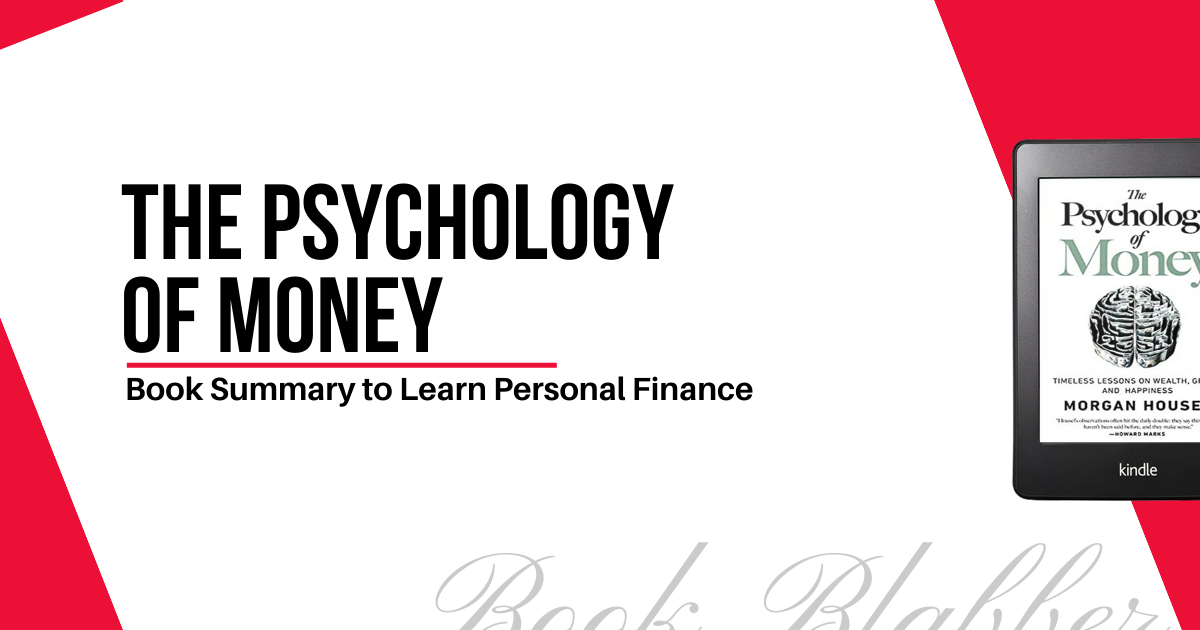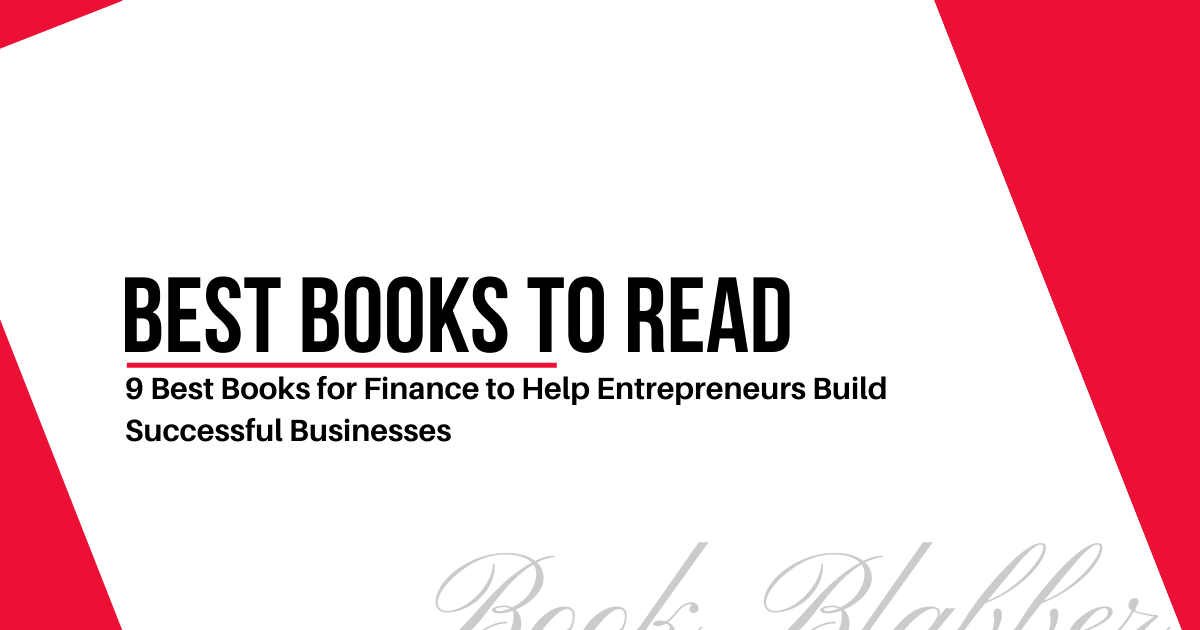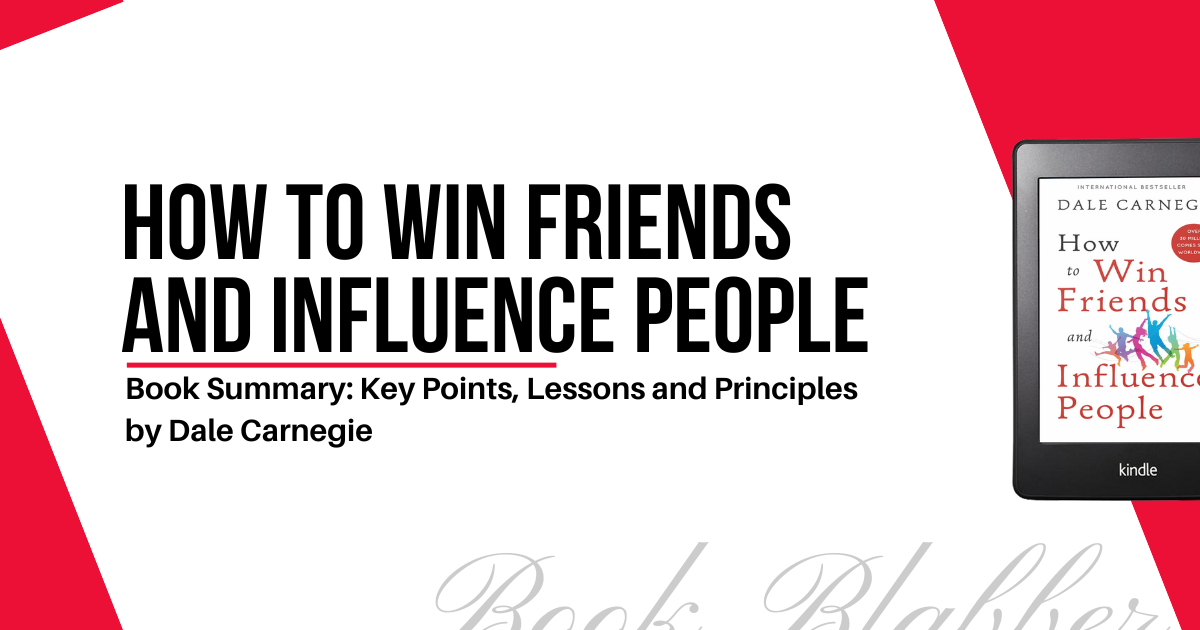The Psychology of Money Book Summary to Learn Personal Finance

I picked The Psychology of Money as I was getting interested in investing. And that book did help me in “understanding” money. As mentioned in the book, money has a lot to do with who you’re and how you behave. You can’t earn like someone unless you're in their shoes.
Without using technical terms, Morgan explained the concept of personal finances. He shared different personal finance stories and investing examples to help people about money.
Check The Psychology of Money on Goodreads
This article summarises the lessons from the book, through different money story examples.
Table of Contents
- No One’s Crazy
- Luck & Risk
- Never Enough
- Confounding Compounding
- Getting Wealthy vs Staying Wealthy
- Tails, You Win
- Freedom
- Man in the Car Paradox
- Wealth Is What You Don’t See
- Save Money
- Reasonable > Rational
- Surprise!
- Room for Error
- You'll Change
- Nothing’s Free
- You and Me
- The Seduction of Pessimism
- When You'll Believe Anything
- It's Complicated
No One’s Crazy

People do some crazy things with money. But no one’s crazy. Everyone has their own unique experience with how the world works.
The person who grew up in poverty thinks about risk and reward in ways the child of a wealthy banker can’t imagine. You go through life with different beliefs, goals and forecasts than I do.
Your personal experiences with money make up maybe 0.00000001% of what’s happened in the world, but maybe 80% of how you think the world works.
Luck & Risk

Every outcome in life is guided by forces other than individual efforts. But the role of random luck and risk that swayed those actions, in one way or the other, too often goes overlooked.
You can’t understand who made a bad decision, but was fortunate because of someone else’s action. Or if someone made a good move, but the time was unfortunate.
For example, Bill Gates studied in the Lakeside School Mothers’ Club, in 1968. Most graduate schools didn’t have a computer as advanced as they had.
He got access to an advanced computer when he was 13 years old. He toyed away with it, along with his classmate, Paul Allen. A few years later, Microsoft was born.
There was a third student: Kent Evans… as enthusiastic and brilliant, but not as lucky. He died in a mountaineering accident before he graduated high school.
Never Enough

Rajat Gupta was the CEO of McKinsey by his mid-40s. He took roles with the United Nations and the World Economic Forum. He sat on the board of directors of five public companies.
But he wanted more. So, he found a lucrative side hustle. As a board member of Goldman Sachs, he had access to valuable information before a profitable deal went public. He leaked those to his stock investor friends. Gupta made profits through his insider tips.
And he went to prison for insider trading.
The ceiling of ambition is so high that virtually no one will ever hit it. It’s a battle you can never win. There’s no reason to risk what you have and need, for what you don’t have and don’t need. It will push you to the point of regret.
Confounding Compounding

More than 2,000 books are dedicated to how Warren Buffett built his fortune. Many of them are wonderful. But few pay enough attention to the simplest fact:
"Buffett's fortune isn't due to just being a good investor, but being a good investor since he was literally a child.”
Good investing is about earning good returns, which you can stick with and can repeat for the longest period. A small starting base can compound to results so extraordinary that they seem to defy logic.
Getting Wealthy vs Staying Wealthy

Good investing is not necessarily about making good decisions. It’s about consistently not screwing up. More than big returns, focus on being financially stable. A combination of frugality and paranoia is the way.
Getting money is one thing; keeping it is another. One can’t assume yesterday’s success translates into tomorrow’s good fortune.
Michael Moritz, the billionaire head of Sequoia Capital, once said it was probably their fear of going out of business, which kept them prosperous for decades.
So, be optimistic about the future, but paranoid about what might prevent you from going into the future.
Also Read: Achieve Real Financial Freedom: Find Your Freedom Book Summary
Tails, You Win

Most of what we pay attention to, results from a tail event. Long tails – the farthest ends of the distribution of outcomes – have tremendous influence in finance. It’s normal for lots of things to go wrong, break, fail and fall. And a small number of events can account for most outcomes.
You can be wrong half the time and still make a fortune. A lot of things in business and investing work this way.
The success of Walt Disney is one such story. Disney’s first studio went bankrupt. By the mid-1930s Disney had produced more than 400 cartoons. Most of them lost a fortune. Snow White and the Seven Dwarfs changed everything.
Freedom

Money’s greatest intrinsic value is its ability to give you control over your time. Control over doing what you want, with the people you want to, is the broadest lifestyle variable that makes people happy.
Controlling your time is the highest dividend money pays. So, work hard, earn a lot, but don’t become a slave to your work.
Man in the Car Paradox

People generally aspire to be respectable and admired.
But using money to buy fancy things may bring less of it than you imagine. When you live in a grand mansion, drive a fancy car or flash stylish accessories, people notice the mansion (or car or accessories); not you.
If respect and admiration are your goals, be careful how you seek them. No one is impressed with your possessions as much as you are.
Wealth Is What You Don’t See

If you see a Ferrari driving around, you might intuitively assume the owner of the car is rich – even if you’re not paying much attention to them. But what you don’t realise is that many are those who spent a huge percentage of their paycheck on a car.
Someone driving a sports car is almost certainly rich. It’s not hard to spot rich people. Rich is defined by the current income.
But wealth is hidden. It’s the income not spent. And the hidden nature of wealth makes it hard to imitate others and learn from their ways.
Save Money

In the 1970s, the world looked like it was running out of oil. The global economy was growing, and it was using a lot of oil.
We didn’t run out of oil, though. We started building cars, factories and homes that are more energy efficient than they used to be.
The same is true for our money.
Building wealth has little to do with your income or investment returns, and lots to do with your savings rate. Personal savings and frugality (read it as efficiency) will be as effective in the future as they're today.
Reasonable > Rational

You're a screwed up, emotional person; not a spreadsheet. So, instead of making coldly rational financial decisions, aim to be reasonable. Aiming to be mostly reasonable works better than trying to be coldly rational.
A reasonable investor considers the social component, apart from the hard numeric facts, to minimise future regrets.
Such decisions are made in a conference room (surrounded by co-workers you want to think highly of you), with your spouse (you don’t want to let down), or judged against the silly but realistic competitors like your relatives, your neighbours and your own personal doubts.
Surprise!

It’s smart to have a deep appreciation for economic and investing history. It offers a guide of what tends to work. But it’s not a map of the future. It’s mostly the study of surprising events.
Investing is not hard science. The majority of what’s happening at any given moment in the global economy can be tied back to a handful of events that were nearly impossible to predict. You have no idea what might happen next.
Room for Error

No one can know with certainty what card the dealer will draw next. But by tracking what cards have already been dealt, you can calculate what cards remain in the deck. A few players in the Las Vegas casinos do that. They estimate the odds of a particular card being drawn.
In investing, similarly, forecasting with precision is hard. Uncertainty, randomness and chance are ever-present part of your life. The best we can do is think about odds.
The room for error lets you endure a range of potential outcomes, and endurance lets you stick around long enough to let the odds of benefiting from a low-probability outcome fall in your favour.
You'll Change

You, as a teenager, might not want to drive a tractor anymore, which once seemed lucrative. Thus, long-term planning is harder than it seems because people’s goals and desires change over time.
So, assuming you’ll be happy with a very low income, or choosing to work endless hours in pursuit of a high one, increases the odds that you’ll one day find yourself at a point of regret.
Therefore, avoid the extreme ends of financial planning; have a balance. Aim for moderate annual savings, moderate free time and so on. Accept the reality of change, and adapt to your present situation as quick as you can.
Nothing’s Free

The key to a lot of things with money is just figuring out what the price is and being willing to pay it. Yes, everything has a price, but not all prices appear on labels.
Similarly, the price of investing success isn’t immediately obvious. It doesn’t come with a price tag you can see. The price of investing is volatility, fear, doubt, uncertainty and regret.
The volatility/uncertainty fee – the price of returns – is the cost of admission to get returns greater than low-fee parks like cash and bonds.
You and Me

Investors often innocently take cues from other investors who are playing a different game than they are. When investors have different goals and time horizons, the factors they should pay attention to are different.
When a commentator on CNBC says, “You should buy this stock,” keep in mind that they do not know who you are. Are you a teenager trading for fun? An elderly widow on a limited budget? A hedge fund manager trying to shore up your books before the quarter ends?
Are we supposed to think all those people have the same priorities? No. So, identify the game you're playing.
The Seduction of Pessimism

Optimism sounds like a sales pitch. Pessimism sounds like someone trying to help you. It sounds smarter. It’s intellectually captivating, and it’s paid more attention than optimism.
Imagine Japanese people writing: “Within the lifetime our economy will grow to almost 15 times the size it was before the end of the war.” They would have been laughed straight out of the room.
It’s because progress happens too slowly to notice, but setbacks happen too quickly to ignore. It’s easier to create a narrative around pessimism, and that’s good.
Pessimism reduces expectations.
When You'll Believe Anything

During the Great Plague of London, people went to ignorant fellows for remedies. They saw ads for infallible preventive pills and preservatives, and tried them. After all, you’ll believe just about anything when the stakes are that high.
Now think about how the same set of limited information and high stakes impact our financial decisions. Appealing fictions and stories are more powerful than statistics.
People create a narrative based on their perspective and experiences in the world. The more you want something to be true, the more likely you're to believe a story that overestimates the odds of it being true.
It's Complicated

Financial advisors can’t tell you what to do with your money, because they don’t know you. They don’t know what you want. They don’t know when you want it. And they don’t know why you want it. The ability to judge what is the right thing for someone is not that easy.
But they aren’t useless, obviously. They have knowledge. They know the odds.
However, it's up to you to decide how you apply their suggestions to your own finances.
And that was all from the book.
Liked it?
Join Book Blabbers WhatsApp group to bond over books, memes and quotes.
Subscribe to Book Blabber's Bulletin to get book summaries, reading tips and occasional hugs in your inbox.







Comments